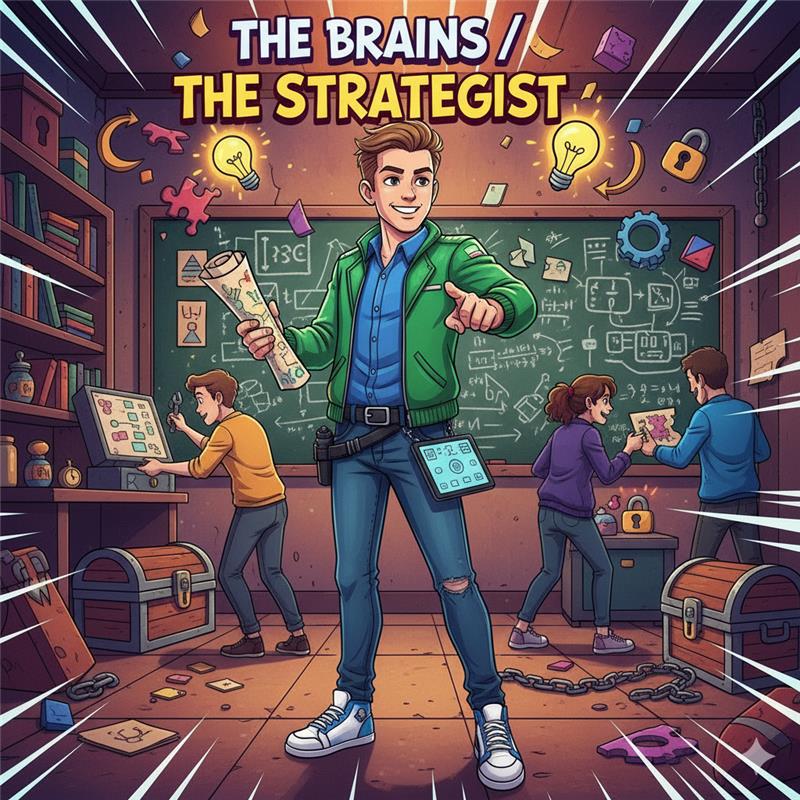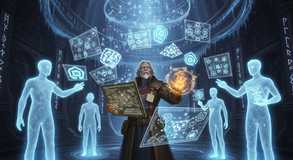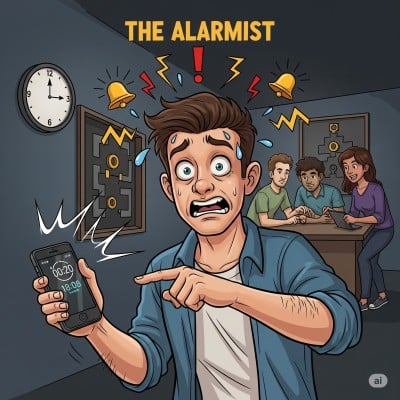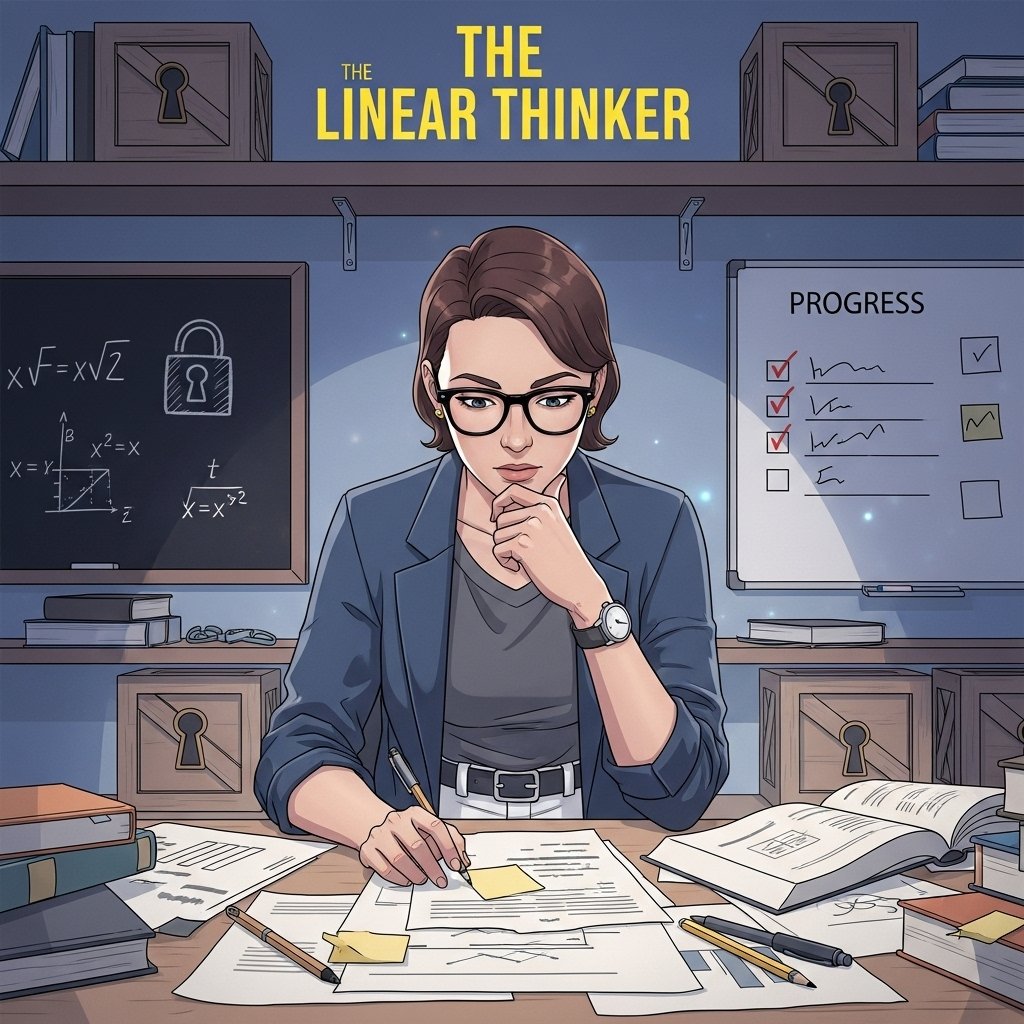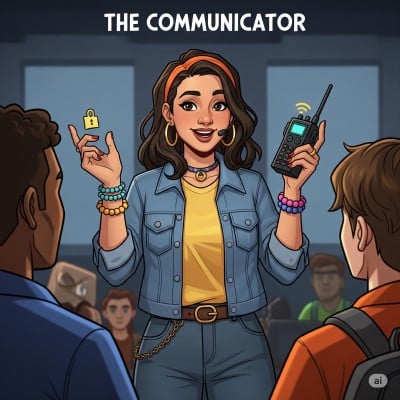Every escape room team has its stars the Lock Keeper who triumphantly clicks open a padlock, the Clue Searcher who uncovers a hidden key, the Riddle Solver who cracks a clever word puzzle 🔎. Yet behind all these moments of progress, there is often one figure ensuring that the team’s efforts don’t scatter into chaos: the Brains, or Strategist ✍ ️.
The Strategist’s role is subtle but indispensable 🚀. They are not necessarily the fastest at solving puzzles or the boldest in taking action. Instead, their strength lies in how they think about the bigger picture how they coordinate, direct, and prioritize in a setting designed to confuse and overwhelm 🗺 ️. In many ways, the Strategist is the team’s compass, pointing everyone in the right direction even when time and pressure threaten to pull the group apart 🧭.
At the core of the Strategist’s persona is their ability to evaluate situations clearly. Escape rooms thrive on misdirection 🔍: multiple puzzles vying for attention, scattered clues with unclear purposes, and time ticking relentlessly down. Without someone stepping back to assess what’s important and what can wait, teams often fall into the trap of tunnel vision. They focus on one puzzle for too long, duplicate each other’s efforts, or miss connections between clues. The Strategist combats this by maintaining awareness of the overall progress 🎯. They know when to push forward, when to pivot, and when to distribute tasks differently.
This foresight is what transforms a group of individuals into a coordinated team 🪢. A Strategist doesn’t just think for themselves they think for the collective. They are constantly asking 👥: Who should work on this? How do these clues connect? Are we spending too much time here? What’s the next priority? These questions ensure that energy is channeled efficiently, reducing wasted time and maximizing the team’s strengths ➡ ️.
One of the most powerful contributions of the Strategist is their ability to adapt. No plan survives the first puzzle, and escape rooms are notorious for throwing curveballs at players 🔄. What looked like a clear path may suddenly dead-end, or a puzzle thought to be simple may devour precious minutes. The Strategist thrives in these moments, adjusting priorities and reorganizing efforts so that the team doesn’t get bogged down 🌀. Their calm, flexible mindset prevents panic from spreading and keeps morale intact 🔥.
Communication is another hallmark of the Strategist. While other players may get absorbed in their tasks, the Strategist is the one who ensures discoveries are shared and connections are made ⚖ ️. They act as a bridge between the Clue Searchers, Puzzle Solvers, and Lock Keepers, weaving everyone’s contributions into a coherent whole 🧘. A Strategist might not physically solve every puzzle, but their words “That code fits the lock we found earlier” or “Let’s save that clue for later” are often the sparks that ignite breakthroughs 💪.
Of course, being a Strategist comes with challenges. The pressure to “hold the plan together” can be intense, especially when the team hits roadblocks. It requires patience, humility, and the ability to lead without ego 🌐. But when done well, the payoff is extraordinary: a smoother, more focused experience where everyone feels valued and the group achieves more than it could have alone 🧩.
In many ways, the Strategist reflects a universal truth about escape rooms: they are not simply games of puzzles but games of people 💡. Success depends not only on intelligence but on how well individuals communicate, collaborate, and complement one another. And no persona embodies that truth more fully than the Brains 🙏.
So, if you find yourself naturally drawn to planning, if you thrive on critical thinking, or if you instinctively step back to see the bigger picture, embrace the Strategist role 🌉. Your presence may be the difference between a team that frantically stumbles through the room and one that confidently moves toward victory.

